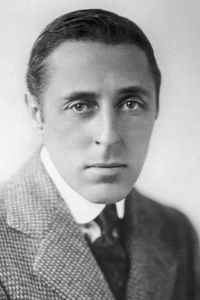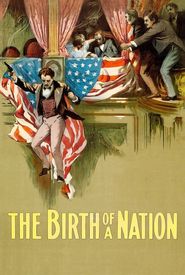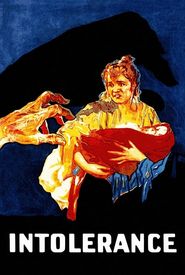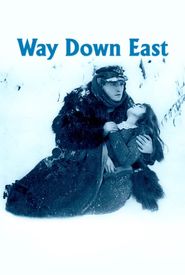David Wark Griffith, the renowned filmmaker, was born in rural Kentucky to Jacob "Roaring Jake" Griffith, a former Confederate Army colonel and Civil War veteran. Growing up, Griffith was deeply influenced by his father's captivating war stories and the melodramatic literature of the 19th century, which would later shape his cinematic endeavors. In 1897, Griffith set out to pursue a career in both acting and writing for the theater, but unfortunately, he faced limited success. He eventually agreed to act in the emerging motion picture medium, working under the direction of Edwin S. Porter at the Edison Company.
As Griffith's talents were recognized, he was offered a position at the financially struggling American Mutoscope & Biograph Co., where he directed over 450 short films, experimenting with innovative storytelling techniques that he would later refine in his iconic epic, The Birth of a Nation (1915). Griffith collaborated with his personal cinematographer, G.W. Bitzer, to create groundbreaking cinematic devices, including the flashback, iris shot, mask, and cross-cutting. Following the immense success of "Birth", Griffith never replicated the same level of success, and by 1931, his increasing failures led to his retirement.
Despite being hailed for his visionary approach to narrative filmmaking, Griffith was also criticized for his blatant racism. Griffith passed away in Los Angeles in 1948, leaving behind a complex and multifaceted legacy that continues to be debated by film historians and scholars.

















































